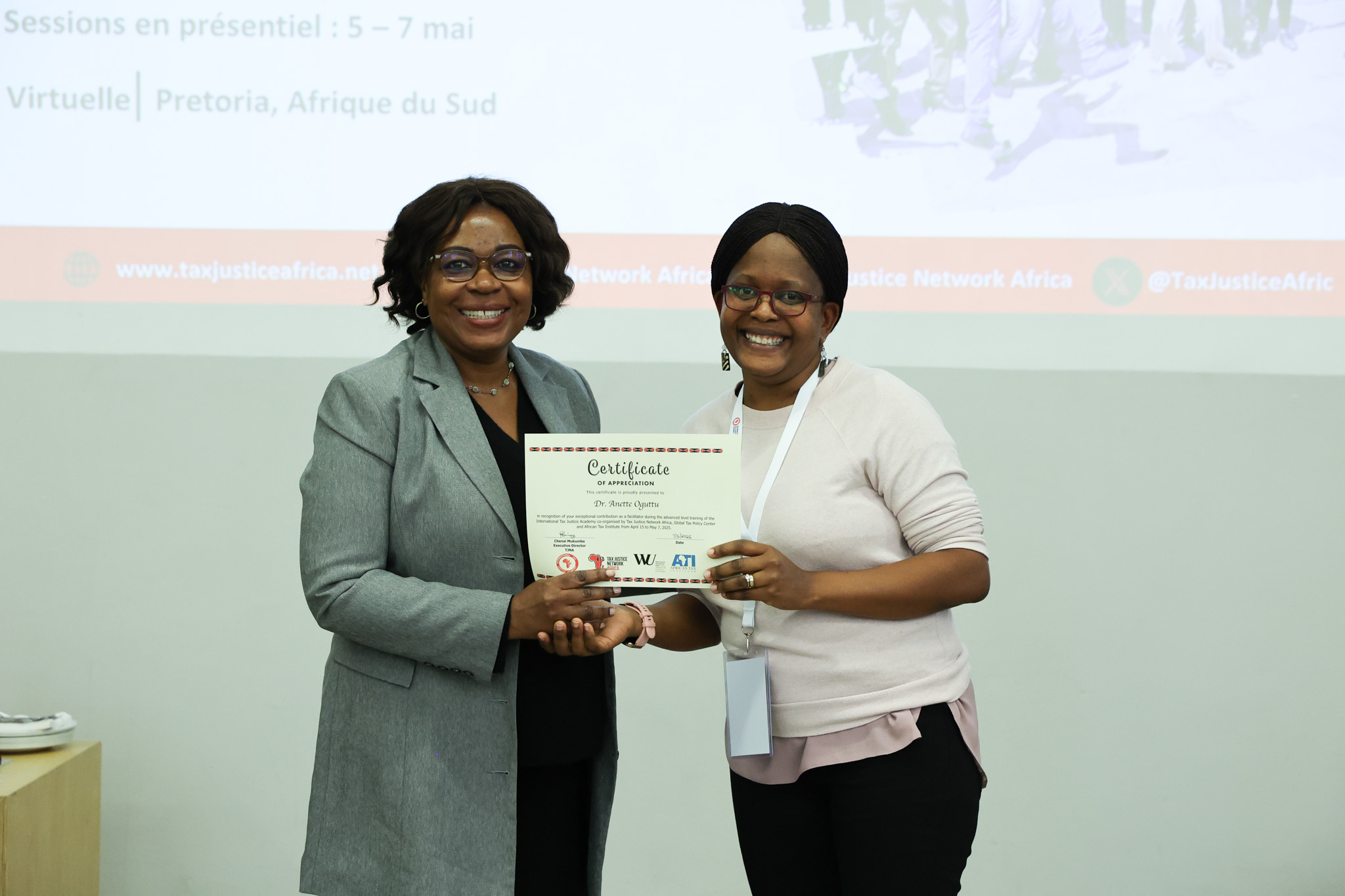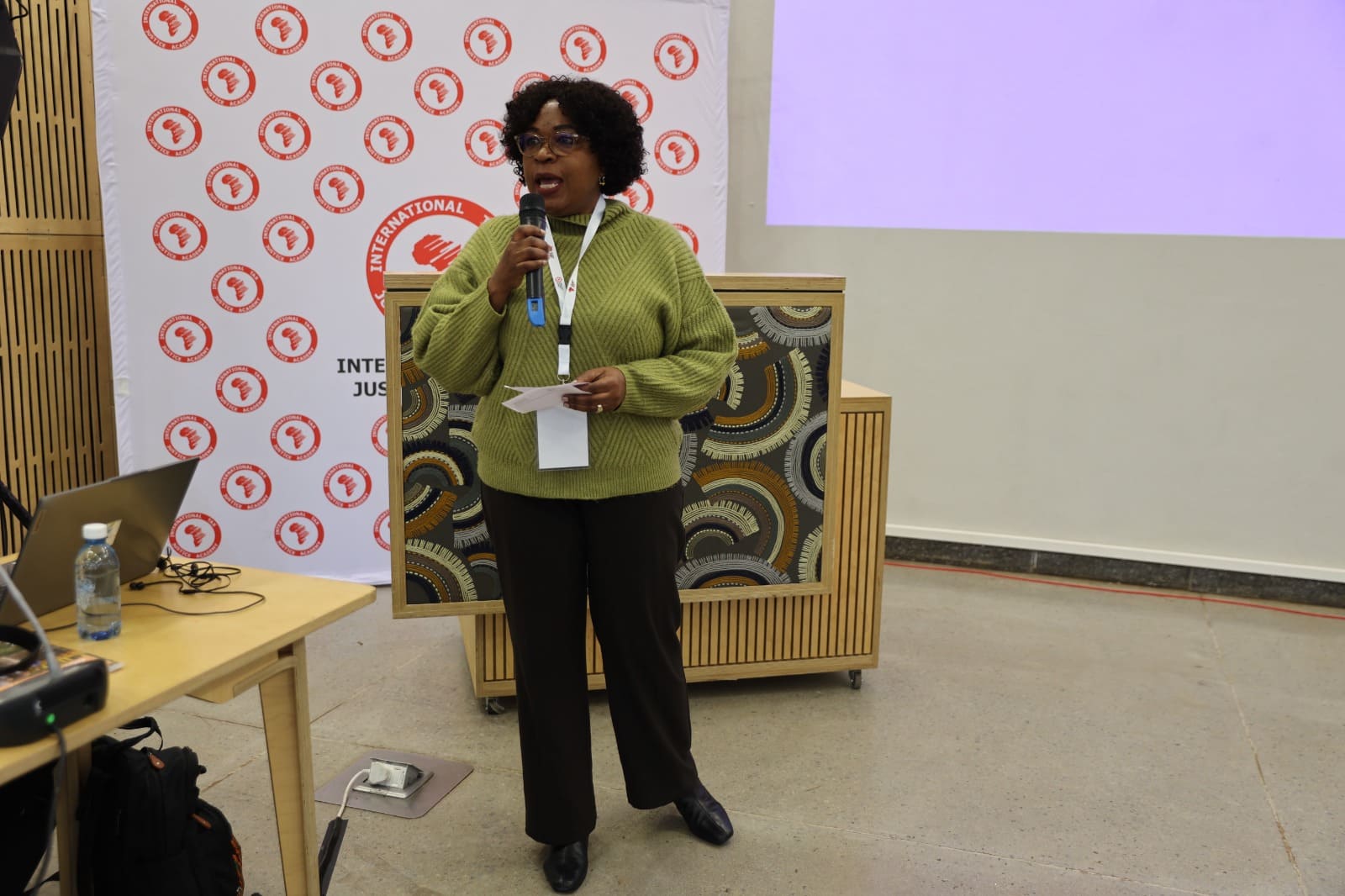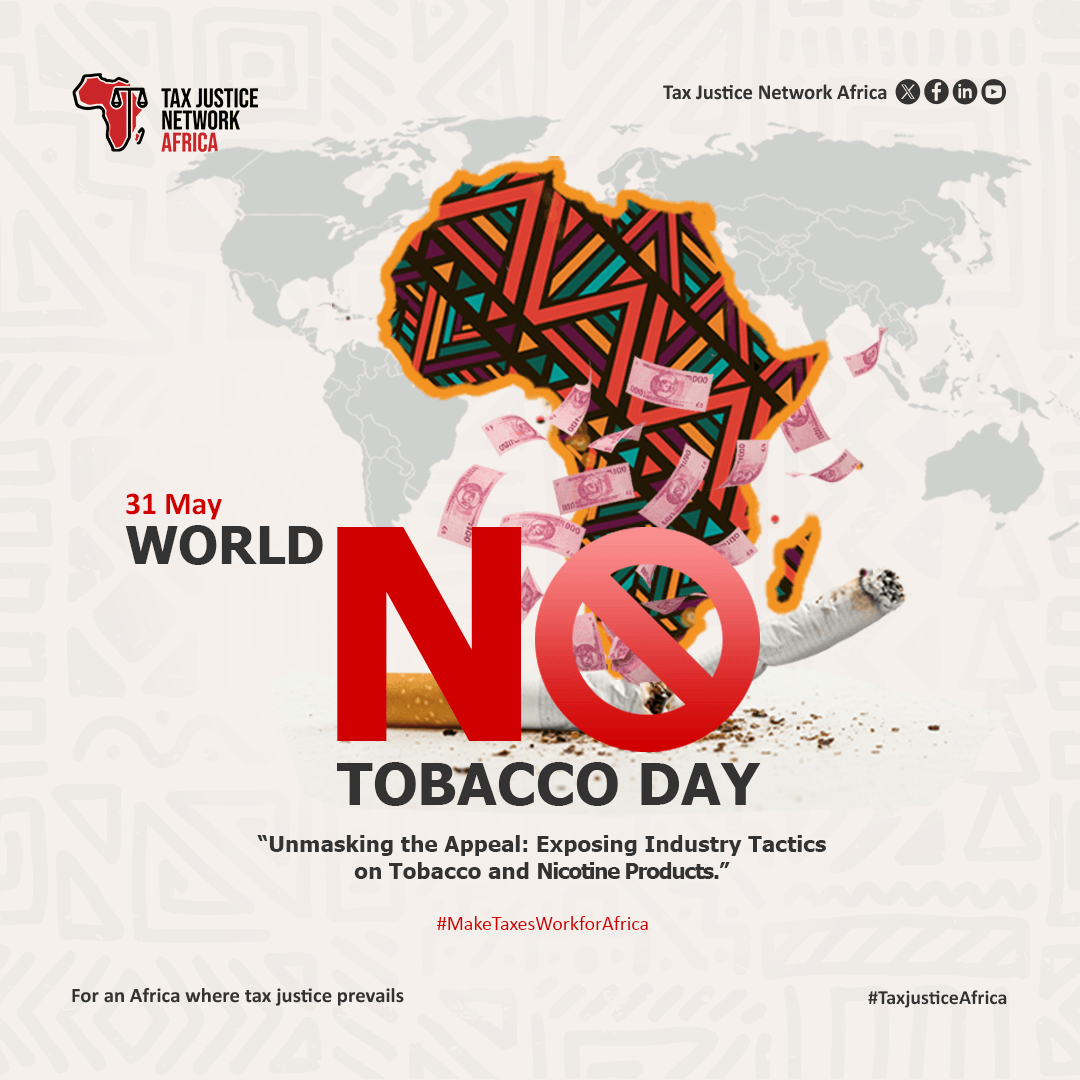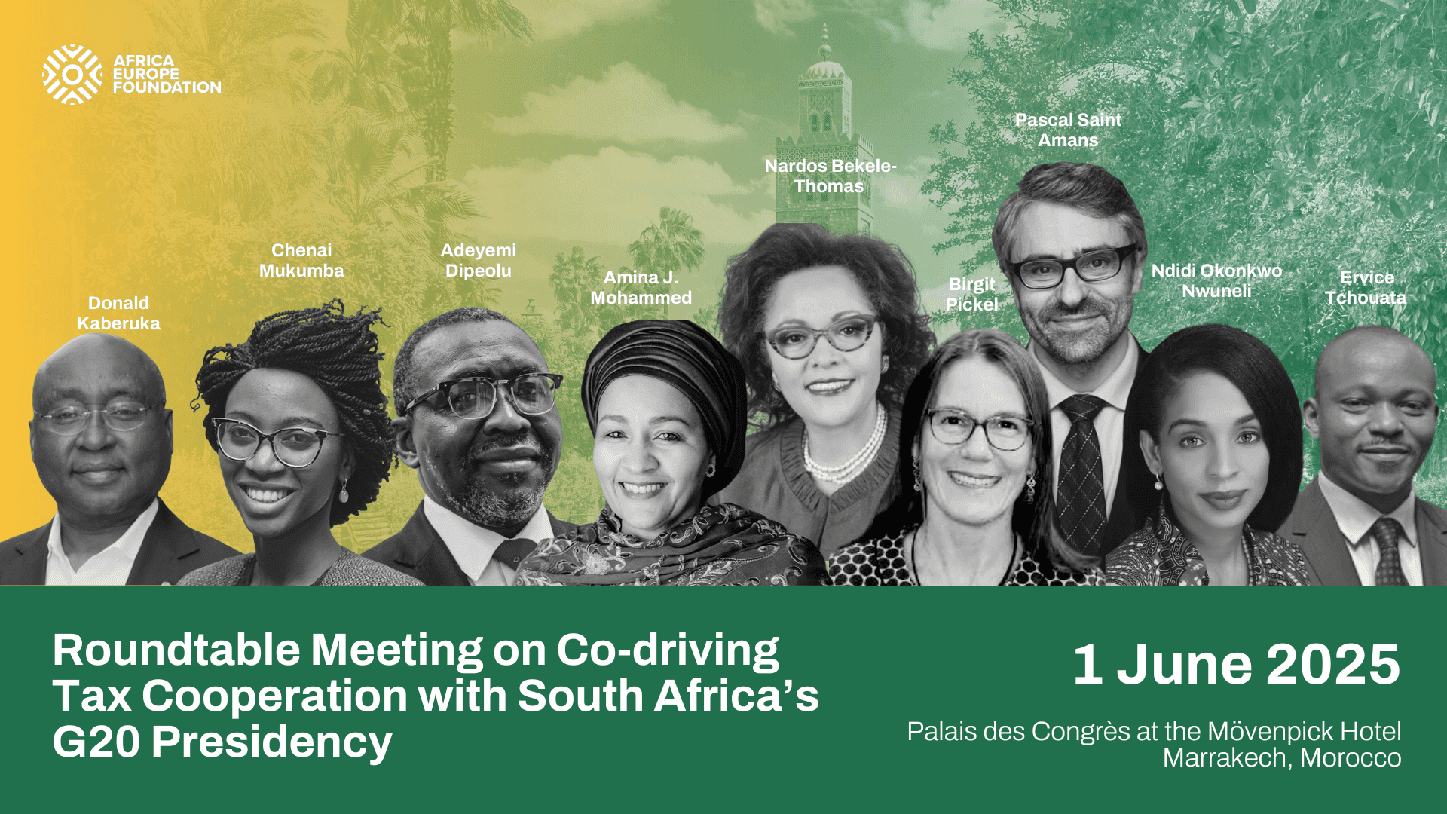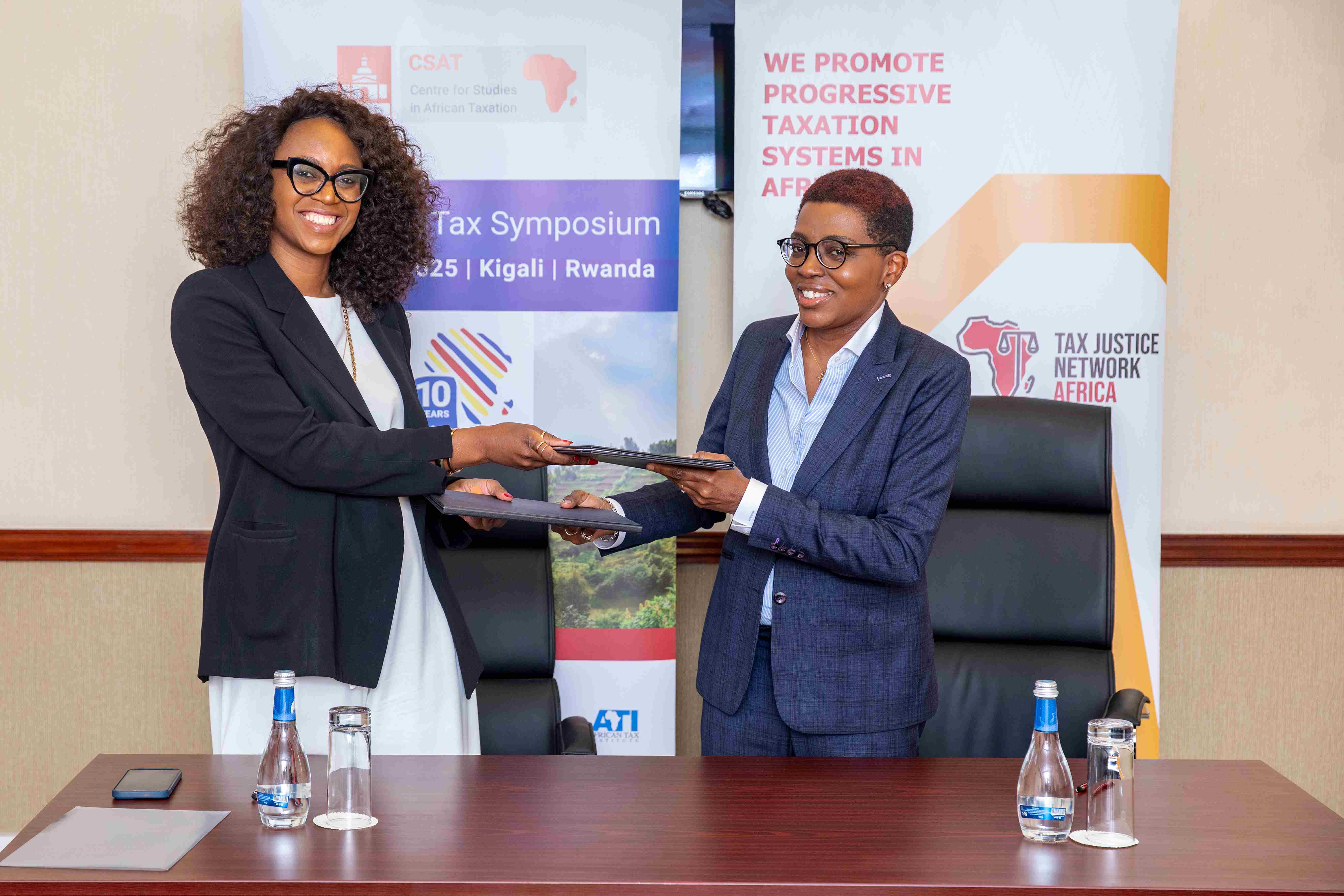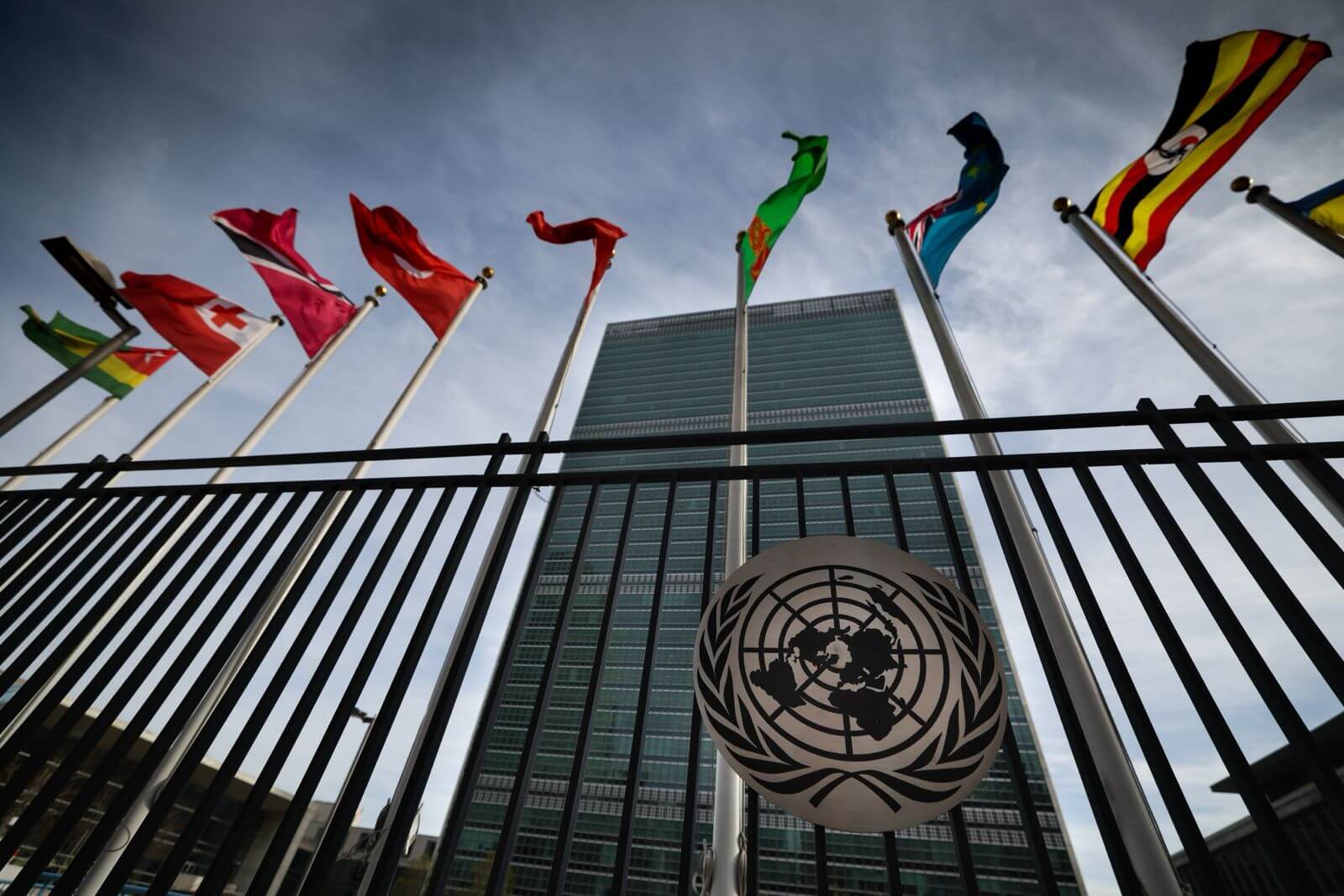
The Organisation for Economic Cooperation and Development, OECD, since its inception in 1961 has dominated global tax rule-making processes. The agenda for the OECD is set by the G7 and the G20. This has led to a situation where the OECD prioritises issues of concern for its member countries.
Following many years of criticism, the OECD decided to form both the BEPS (Base Erosion and Profit Shifting) Inclusive Framework and the Global Forum which are platforms through which non-OECD countries could participate in negotiations on tax. Membership to the inclusive framework is not automatic and countries have to make an application which is then approved by the existing members. An annual membership fee is also payable. At present around 27 African countries are members of the inclusive framework.
Developing countries’ discomfort with the OECD
Over the years, developing countries and tax justice institutions such as TJNA have criticised the legitimacy of the OECD as the primary body that leads in the negotiation and governance of international tax rules.
This has been due to several reasons:
- Inadequate Consideration of Tax Justice Issues
- Lack of Representation for Developing Countries
- Developing countries often lack a voice in the decision-making process
- The OECD rules have prioritised the tax interests of multinational corporations
- Failure to adequately address IFFs
- Lack of transparency and accountability
- Power imbalance
- Political considerations
Developing countries often lack a voice in the decision-making process. The OECD’s tax rule-making process has often emphasised technical aspects of taxation rather than addressing issues of tax justice and equity. Although necessary, the overemphasis on technical rules over tax justice issues has led to a situation where tax justice issues are not considered in the development of tax rules.
The OECD has a membership comprised of mostly developed countries. Not all countries globally are members of the OECD. There has therefore been a long-term criticism of the organisation’s legitimacy as the body leading global tax rule-making processes.
To overcome this handicap, the OECD spearheaded the formation of the Inclusive Framework to include non-OECD countries in global tax rule-making processes. However, presently around 27 African countries are members of the inclusive framework leaving out half of all African countries.
Developing countries often lack a voice in the decision-making process. Limited consultation with developing countries is also a mainstay of the negotiations at the OECD. The G20 often sets the agenda for the tax rules to be discussed often being adopted with little or no meaningful participation, consultation, and engagement by least developed countries.
Feedback and perspectives by developing countries may not be adequately considered, leading to rules that do not reflect their priorities and challenges. For example, developing countries have been concerned about the taxation of the extractives sector for many years. However, there are currently no rules negotiated or agreed upon at the OECD level that help developing countries net the gains from the extractives sector.
There has been a focus on addressing the tax interests of MNCs based in the OECD countries rather than addressing the broader tax needs of developing countries. Some critics have argued that the OECD's tax rule-making processes are influenced by powerful multinational corporations, who may have a vested interest in shaping the rules in their favour. This is especially enhanced by the fact that most multinationals are domiciled in OECD countries especially those with preferential tax regimes. This can lead to outcomes that benefit large companies at the expense of smaller businesses and developing countries.
Developing countries have often found that the OECD's rules fail to adequately address illicit financial flows, tax avoidance, and tax evasion by multinational corporations, which disproportionately affect developing countries.
The OECD's tax rule-making processes are often negotiated and developed behind closed doors, with limited opportunities for participation by non-OECD countries or other stakeholders such as civil society organisations.
The dominance of the OECD in global tax rule-making reinforces the power imbalance between developed and developing countries. The rules created by the OECD often may reflect the interests of wealthy countries, while overlooking the needs and concerns of developing countries.
The OECD's tax rule-making processes can be influenced by political considerations, including the desire to maintain good relationships with member countries. This can lead to decisions that are more politically expedient than economically sound.

